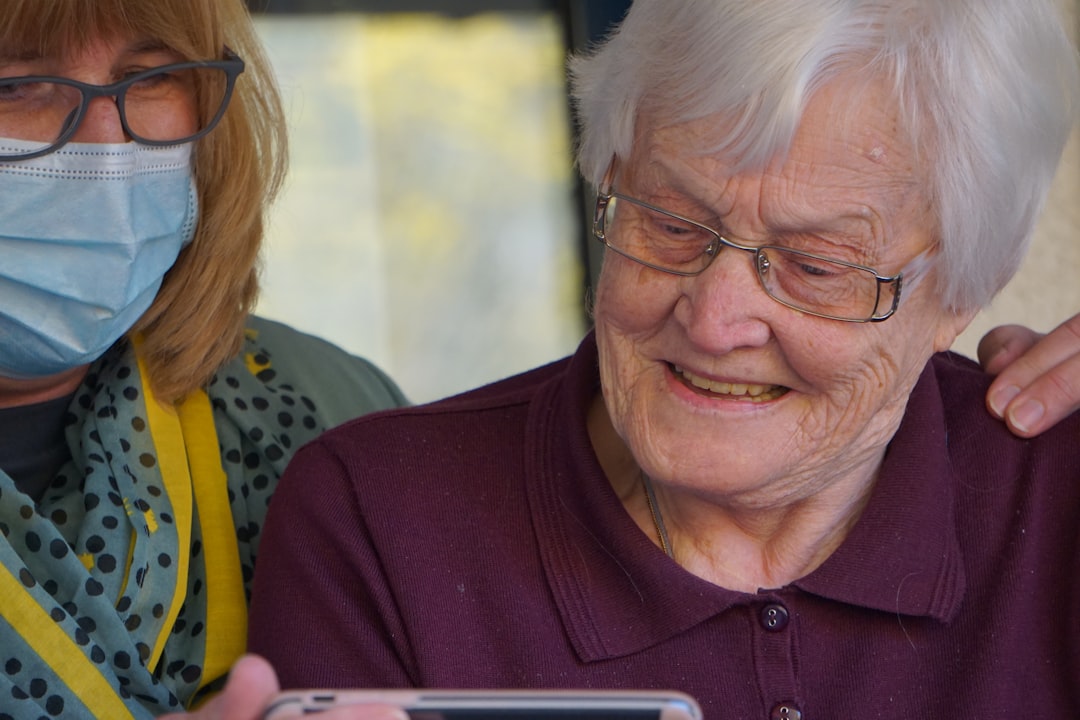What is it about?
This article illustrates the reasons why person-centred care and forensic mental health have largely struggled to gel in practical terms, despite advancements in attitudes and perspectives. It explains that forensic mental health has been left behind in the push towards person-centred care in the last 10 years, recommending that a bespoke framework is needed on how to deliver this.
Featured Image

Photo by Alexander Jawfox on Unsplash
Why is it important?
This is important because whilst other areas of mental health have made a lot of progress regarding person-centred care, forensic mental health's complicated position between health and justice has made it a challenging policy area to implement this. Whilst forensic mental health patients may have higher levels of risk, they still deserve a form of person-centred care that works for them and recognises their individuality as human beings.
Perspectives
I worked as a support worker in forensic mental health for 2 years before moving to Manchester to train as a mental health nurse. Writing this article was a great opportunity to put an issue that I am very passionate about into words and hopefully shine light on an aspect of mental health that has not received the attention that it deserves.
Liam Smith
Manchester Metropolitan University
Read the Original
This page is a summary of: How person-centred care can be provided in forensic mental health, British Journal of Nursing, August 2023, Mark Allen Group,
DOI: 10.12968/bjon.2023.32.15.754.
You can read the full text:
Contributors
The following have contributed to this page










